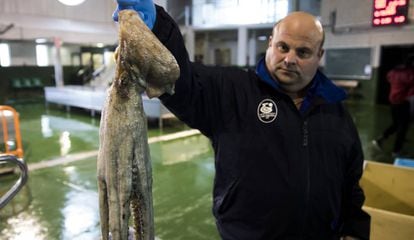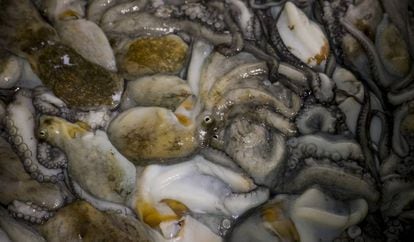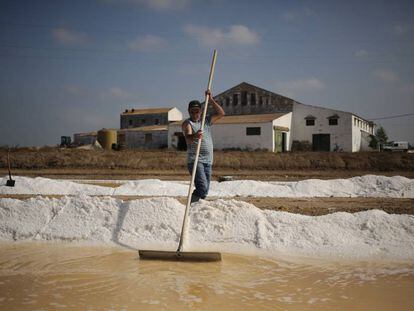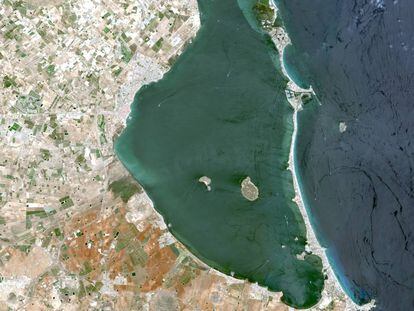Why your Spanish octopus might not be Spanish after all
Northern region of Galicia resorts to imports of ‘pulpo’ to satisfy the demands of mass tourism
The number of octopuses caught in Galicia doesn’t begin to cover demand, which has recently exploded due to mass tourism. In 2016 imports soared to over 24,000 tons, according to the Spanish Secretary of State for Commerce, double the amount in 2005, and there are now 24 different countries supplying the region with its most popular seafood, be it alive, refrigerated, frozen or smoked. Most of it, however, is sourced from Morocco, Mauritania, Senegal, Peru, Mexico and Chile.

According to José Manuel Rosas, who has been a fishing industry boss in Bueu for the past 20 years, there is a lot of dishonesty when it comes to the Galician octopus (pulpo) and he wants more control and labeling to avoid this. “Most is from elsewhere but they sell it as a local product and the tourists think it’s ours. This has to change as it’s not doing us any favors,” he says.
Galicia imports octopus from 24 different countries to keep up with demand
The demand for octopus is proportionally greater in Galicia than the rest of Spain. The region bought 31,148 tons of the 55,148 tons imported into Spain in 2016. The national figure has been rising since 2005 when just 30,809 tons of cephalopod was imported. Now, however, production in the traditional fishing grounds scarcely covers 25% of annual demand.
Consumers pay the same for local and imported produce and very few know how to tell the difference. A kilo of local fare is worth between €6 and €12, depending on the supply, while imported octopus costs less, but it is sold in restaurants and hotels as though it were Galician.
Drop in the catch
While imports rocket, the Galician catch fell this summer by almost half, the biggest drop since 2010, though Galician fishermen are used to fluctuations.
Low productivity is due to a number of factors mainly linked to climate. However, scientists have failed to agree on how exactly the climate is affecting production. Although 2016 was an exceptional year for the sector with the local market selling 718,257 kilos at a turnover of €4.2 million, this summer production dropped by 369,867 kilos while turnover remained at €2.9 million due to higher prices.
The port which brings in the most octopuses is Ribeira in the Galician province of A Coruña: the site is Europe’s biggest port for inshore fishing. Last summer – from July 1 to September 30 – 76,576 kilos was caught at a market value of €626,000, according to the Fisheries Working Group of the regional government. The second most important port for inshore fishing is Bueu in Pontevedra which sold 46,000 kilos for €400,000. Next is A Coruña port with 43,668 kilos and then Vigo with 36,766 kilos. Between both these markets, turnover was more than €643,000.

In spite of the drop in production, the Galician government insists that last season was “exceptional”, given that prices were the highest they have been in the past 15 years. As for 2017, they added that the catches are 45% larger than those of the last two years, which in economic terms means 83% more than the last eight years’ average.
The definitive figures for 2017/2018 are not yet available as the last few months are yet to be factored in. But local fishermen expect the volume of produce to bounce back, taking into account that there are also more working days than in the past couple of years.
Climate change
The persistent drought in Galicia is also having an effect on fishing. “It’s been proven that the spawning cycles are changing,” says José Antonio Pérez, the president of Ribeira fisheries guild. “And that has a big effect on the saltiness of the water because the rivers don’t have the necessary flow. And that means that species such as pulpo, which are very difficult to control, behave differently.”
But, according to José Manuel Rosas in Bueu, “An octopus is a most mysterious animal. It has a lot of production peaks and is one of the least studied resources by scientists. I am not yet alarmed and I believe it will recover because no one knows for sure what’s happening.”
English version by Heather Galloway.












































